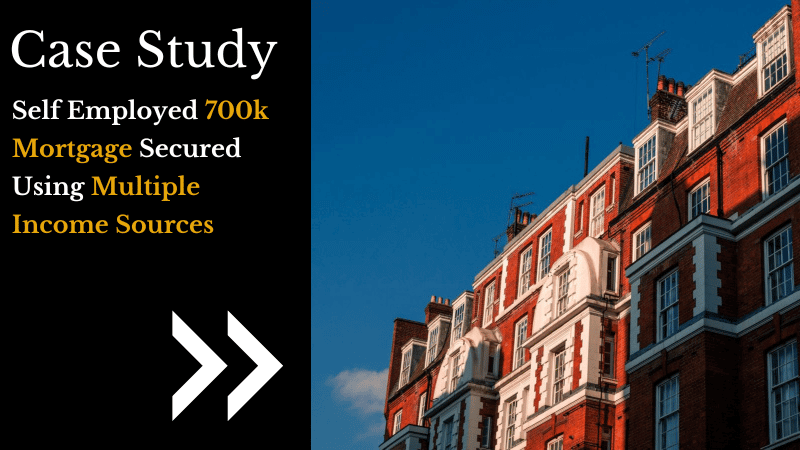First Time Buyer Mortgages
Clifton Private Finance

When it comes to buying your first house, there can be a lot to learn. From how much you can borrow, to deposit requirements, interest rates and costs, this guide provides everything you should know about your first mortgage, and how you might be able to get on the property ladder sooner than you think.
Get a Free Comparison
What is a First Time Buyer Mortgage?
Mortgage is the name we give to a loan that is used to buy properties or land. While the name does come with some weight - it can sound intimidating or complicated to many people - in truth, it’s just one of many types of loan.
The important things to know about a mortgage are:
- It’s a specific type of loan for buying a property or land.
- It’s a long-term loan that is paid back over many years.
- It is tied to your home as collateral, which means that if you fail to make your repayments on a mortgage, the mortgage lender can repossess your home and sell it to cover the debt.
When you are a first time buyer, you gain some advantages that can make getting a mortgage easier and cheaper, as well as buying a house easier. These include:
- No need to pay Stamp Duty Land Tax (SDLT) - This significant tax can cost many thousands of pounds but you don’t have to worry about it if you are a first time buyer.
- No chain - A mortgage chain occurs when the person buying a house has to sell their existing one first, and the person buying their house has to sell theirs, and the person buying that one… As a first time buyer, you are the end of the chain and that makes you very attractive to sellers as there are no delays (and you speed up their part of the chain, too).
- Government help - There are various schemes available to help first time buyers that include the mortgage guarantee scheme, and the first home scheme that can help you buy a new build property for up to 50% discount.
- I don’t have the space to go into these here, but if you think an extra 500 words on them is a good idea, then let me know and I’ll squeeze it in…
- Savings boost - Government supported Lifetime ISA savings accounts can help you get the deposit you need, with a 25% per year bonus to your Lifetime ISA savings each year.
- Access to First Time Buyer Mortgages - Many mortgage lenders offer first time buyers a specialised mortgage that provides up to 95% loan-to-value, and even 100% LTV options. These are great products to get you on the property ladder.
Understanding Key Mortgage Terms
Mortgage-speak has several key terms that you may not understand. Here are the most common ones and their meaning:
Deposit
Your deposit is the amount of money you have to put into your house purchase to secure a mortgage.
Larger deposits mean you are borrowing less on your house and you are less of a risk to the mortgage lender; this will give you access to a greater range of mortgage products and potentially better rates.
As a first time buyer, mortgage lenders understand the difficulty in saving for a deposit and offer many mortgages that require smaller deposits. Some lenders are even offering mortgages which require zero deposit, aimed at renters struggling to get their first home.
Loan-to-Value (LTV)
The loan-to-value is the flip-side of a deposit. It is the size of the mortgage when compared to the property value. A 95% LTV mortgage means you will need a 5% deposit, while a 90% LTV mortgage requires a 10% deposit and so on. Many mortgage providers offer 95% LTV mortgages for first time buyers.
Equity
Equity is your share, or stake, in your property, and represents the percentage of the property that you have paid for outright. If you have a mortgage with a 5% deposit, then at the time of buying your equity is 5%. As you pay off your mortgage, your equity will increase until eventually you have 100% equity and the mortgage is completely paid off.
The more equity you have in your home, the less risk you are for a lender and the more purchasing power you have should you want to remortgage or move and buy a larger property later on.
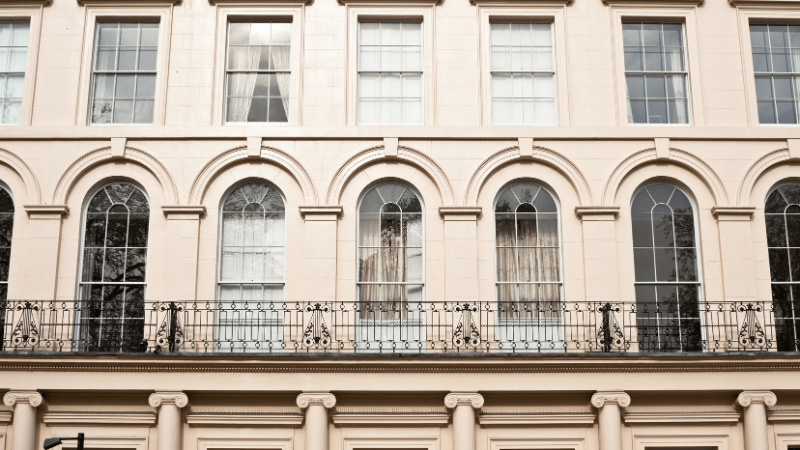
Mortgage Rates
The mortgage rate is the interest rate of the mortgage. The lower the mortgage rate, the less you are paying in interest for the loan and the lower your monthly repayments.
Mortgage rates can fluctuate based on many external factors, and it is difficult to predict what the rates will be in the future. For this reason many people, especially first time buyers, like to have a fixed rate period on their mortgage, typically two-to-five years.
Read our full guide to mortgage rates »
Fixed and Variable Rates
A fixed rate period is a number of years where your mortgage rate is set in stone. For example, you may have a fixed rate of 5.5% for 5 years. During this time, your mortgage rate will not change, no matter what happens to the economy as a whole.
Once your fixed rate period ends, you will automatically be changed to the mortgage provider’s variable base rate (VBR) which may well be more expensive and see your monthly repayments rise. For this reason, it is advisable to consider refinancing your mortgage at the end of the fixed rate to see if you can find a superior rate (often another fixed rate term).
Variable rates including the VBR, are mortgage rates that rise and fall with the changes in the national economy and other factors. This can mean that your mortgage repayments are different each month and can be more difficult to budget for. The advantage of a variable rate mortgage is that if the economy is doing well and inflation falls, you may find your mortgage payments dropping; the disadvantage is that if mortgage rates rise, so do your monthly repayments.
Most first time buyers find it far more comfortable to opt for a lengthy fixed rate term, with some providers offering ten or even fifteen year fixed rates.
Read more: Choosing between a fixed rate and variable rate mortgage
Remortgaging
Remortgaging or mortgage refinancing is the process of moving to another mortgage product, even to a different mortgage provider, to obtain a better deal. As mortgages are long-term loans, it is common to remortgage multiple times over its lifetime. For example, many people remortgage at the end of their fixed rate term to secure a second fixed rate.
Remortgaging is a term also used for taking out a second loan tied to your property to pay for extras such as home improvements, or even to release money to buy a holiday or a car. Second charge mortgages are also an option - these are separate mortgages secured against the same property, acting as a 'second charge' against your home.
Obtaining a First Time Buyer Mortgage - 10 Steps
The process of obtaining a first time buyer mortgage is not simple, but neither is it impossible! Thankfully, we are here to help.
Clifton Private Finance are specialist mortgage brokers, which means we work every day to get the best mortgage deals for our customers. We are here to provide advice, help with mortgage applications, and get you the lowest mortgage rates.
It's a good idea to speak to an independent mortgage advisor, like Clifton Private Finance, before signing for your mortgage to make sure you are getting the most suitable mortgage for you.
When looking to get a first time buyer mortgage, you will need to do some preparation as follows:
1 - Save the Deposit
As saving for a deposit can take many months or years, it’s best to plan early. Though 100% LTV (zero-deposit) mortgages are available, it’s best to plan for 5% or 10% and upwards if possible. Consider your budget and save that deposit.
2 - Clear Other Debts
Mortgage providers will undertake checks on your finances and the fewer debt obligations you have, the better it is. Credit card debt, overdrafts, and other loans will all impact your suitability, so if you can clear those before applying, you should.
It is never a good idea to try to use a personal loan for your deposit, as the weight of the repayments on the loan are likely to mean you fail the mortgage providers affordability stress tests - plus, it's not allowed by your mortgage lender.
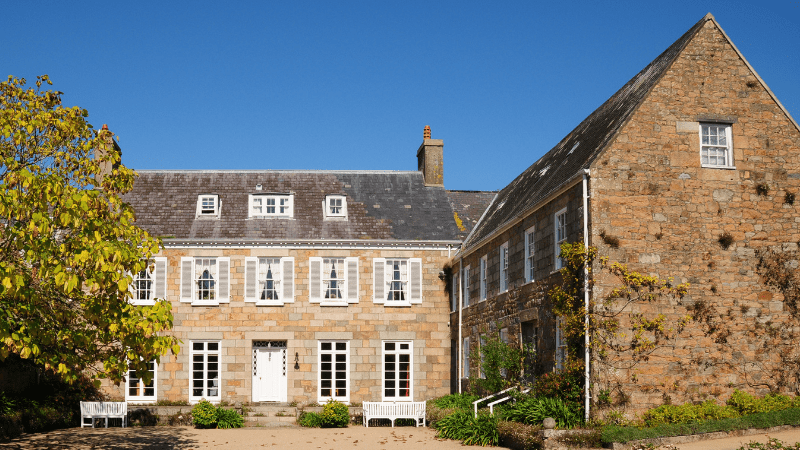
3 - Take Care with Your Credit Rating
While bad credit mortgages are available, they are rarely competitive and the rates will be higher than is truly desirable; plus, they may require larger deposits. It is always best to have a good personal credit score before applying for a mortgage.
Make sure you pay any bills on time, don’t stretch your credit, and if you have a particular issue in the past, such as a CCJ or bankruptcy, be patient and give it time to fade into the background before applying for a mortgage (six months or more).
4 - Get Your Paperwork in Order
As you approach the time for application, it’s important to get your paperwork in order. Identity documents, such as passports, should be up-to-date and you will need the past three months bank statements in full. This applies for both yourself and your partner if you are making a joint mortgage application.
Many people struggle with getting all the paperwork in, so it’s good to plan ahead and have this often-frustrating undertaking well in hand.
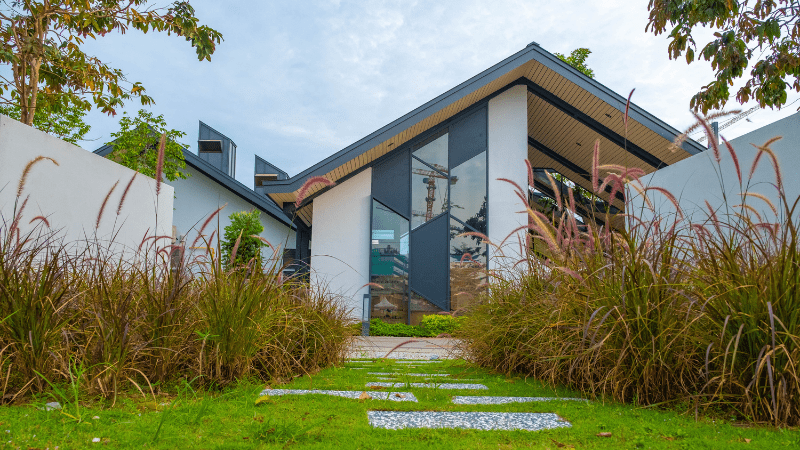
5 - Shop Around
Don’t go for the first mortgage offer you find - it’s unlikely it’s the best you can get. Remember, just as you are eager to get a mortgage, so too are the mortgage providers eager to have you as a customer! If your finances and paperwork are in good order then you will be able to be a little choosy over your mortgage.
Using a professional mortgage advisor will mean you get to see and choose from the best offers in the marketplace, including those from specialist lenders who often won’t speak directly to the end customer.
At Clifton Private Finance, we have access to the full marketplace of UK lenders and can obtain the best deals possible for your first time buyer mortgage. Speak to us as soon as you are ready to consider your mortgage application.
At this stage, you are finding out what buying power you have. It’s a preliminary stage prior to obtaining a full mortgage and will help you work out your budget.

6 - Go House Hunting!
With a budget in mind, you can start looking around and visiting houses to see what you might like. An exciting time!
7 - Obtain an Agreement in Principle (AIP)
The agreement in principle is a first-stage agreement from the mortgage provider that lets you put an offer in on a house. It states that, assuming everything works out right, they’ll supply the mortgage. An AIP can be obtained fairly quickly, but remember it’s not a complete mortgage and there will still be checks to be done.
8 - Surveying
You will want to have the house surveyed to make sure there’s nothing wrong with it, while the mortgage provider will also want to do an independent valuation. Assuming all is OK, it’s time to move on with the mortgage itself.
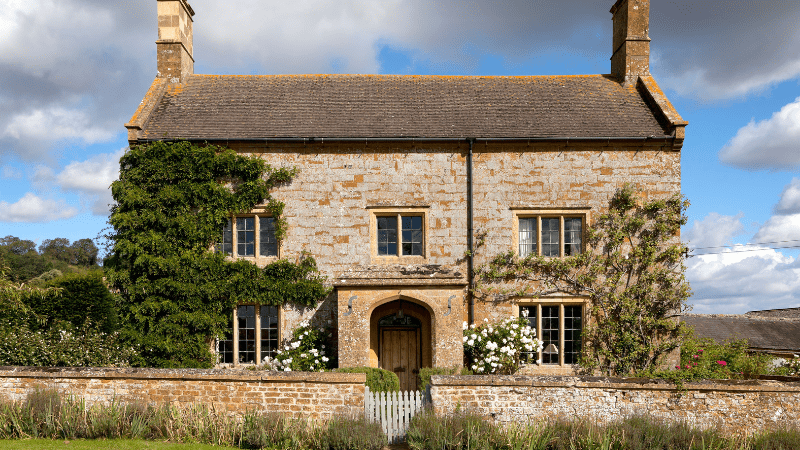
9 - Get the Mortgage
This is where all that work culminates into an application. We’re here at Clifton Private Finance to help you get your mortgage approved as quickly as possible. Once everything is in place, you’re good to go.
10 - Buy Your Home
You will need a solicitor (known as a conveyancer) to assist with all the legals, but it can move fairly swiftly from an approved mortgage to a full purchase. As a first time buyer, you are not part of a chain so there’s no need for any hold up (though the people you are buying from may need to make arrangements to leave before you can get in).
First Time Buyer Help with Clifton Private Finance
Of course, there are a few details that we weren’t able to cover in detail in this guide. For more information, consider reading our complete guide to mortgages.
At Clifton Private Finance, we have a team of first time buyer mortgage experts ready to help you get the home you need. For some extra preliminary advice or if you’re ready to start shopping around for a mortgage, contact us today.
To see what we can do for you, give us a call at 0203 900 4322 or book a free consultation below.



